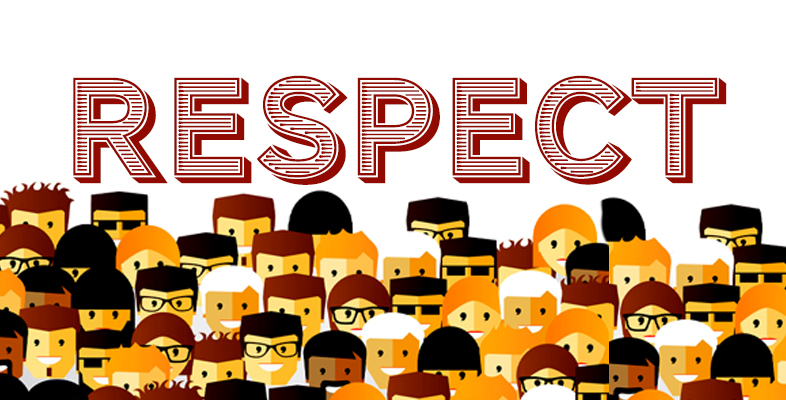4 Time spent in planning is time well spent
A researcher can try to anticipate some issues, especially if they spend time getting to know the setting and those in it as part of their research planning. This can be by:
- reading about what has already been published and is publicly available related to the context, thinking and talking to other researchers and professionals who have experience of the topic the researcher is interested in – at a macro (the broadest, national or international) scale
- consulting with leaders associated with the setting and who might give access – thinking at the meso (or middle-level, organisational) scale.
Such preparation and consultation can help a researcher to think about the agendas at play, how power is distributed, what the interests of those involved might be in relation to the study, how the study might bring benefit and how it might be designed to minimise harm and disruption. All of this can be carried out before approaching those in the setting the researcher wants to invite to their study and to gain their consent to participate – thinking at the micro (or most local, within groups and teams within settings) scale.

